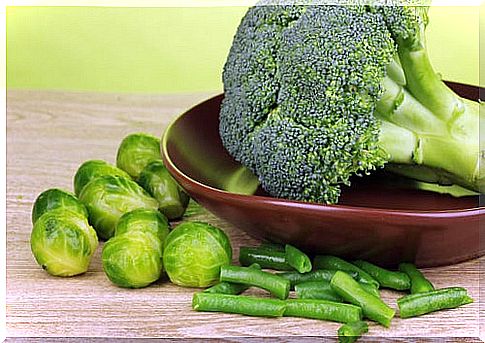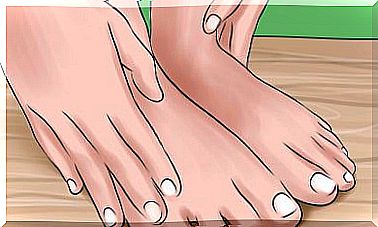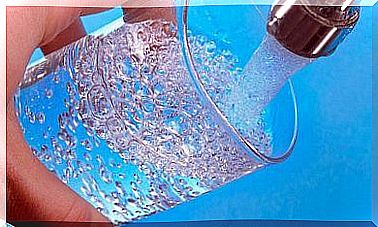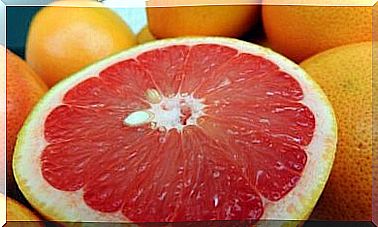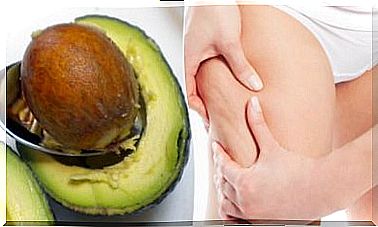4 Decalcifying Foods
Avoid foods that remove calcium from the body!
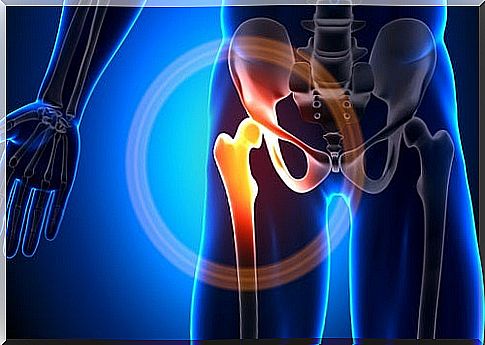
There are various decalcifying foods that remove calcium from the body and are therefore harmful.
An abnormally low level of calcium in the blood is called hypocalcemia. This often occurs from the age of 40, especially if decalcifying foods are often on the menu.
Causes of Hypocalcemia
Hypocalcemia is a disorder of the levels of calcium in the blood. In an adult, the normal value is between 4.5 and 5.5 mg / dl. A healthy calcium balance is extremely important for good bone and dental health.
Muscles and nerves also need enough calcium to function properly. The parathyroid hormone as well as the intestines and kidneys are responsible for the correct concentration of calcium in the blood plasma.
Hypocalcemia can occur due to the following causes, among others:
- Vitamin D deficiency
- Chronic renal failure
- Magnesium deficit
- alcoholism
- Certain types of leukemia or blood disorders
- Drug treatments with bisphosphates or drugs for osteoporosis
- Treatments with diuretics, insulin, laxatives, estrogens or glucose
- Caffeine, carbonated drinks

The most common symptoms of calcium deficiency are:
- Neuromuscular irritability: This means that nerve and muscle function is disturbed by spasms or cramps in the legs and arms.
- Numbness and burning and twitching of the fingers
- Depression as well as irritability
- Confusion and disorientation
- Palpitations
- Increased need to urinate, painful urination
- Unprovoked weight loss
- Shortness of breath, chest pain
- swollen lips
- Nausea, inability to eat
- Diarrhea lasting more than two days
Decalcifying foods
In order to maintain bone health, it is very important to know which foods are depriving the body of calcium:
- Animal protein : A diet in which red meat, poultry or eggs predominate can lead to metabolic acidosis (over-acidification of the blood). This is an imbalance that causes an increased breakdown of calcium in the blood.
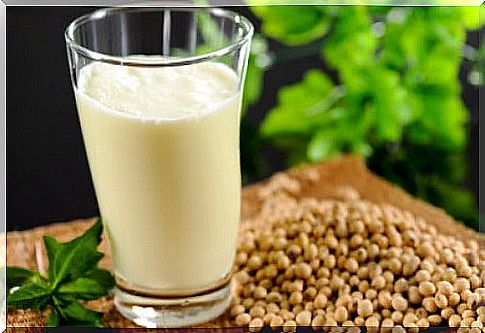
- Sodium: Too much salt increases the excretion of calcium in the urine. To prevent this, preference should be given to products without added salt (canned food, snacks, ready meals, fast food, etc.). Use as little salt as possible and do not put the salt shaker on the table! The daily dose should not exceed 2 g.
- Cigarettes: Although nicotine is not a food, it is one of the most important decalcifying products. As a result, smokers are at higher risk of low calcium levels, especially in women 40 and over and after the menopause.
- Sugary soft drinks: Cola drinks are very harmful to health. They contain tons of sugar and carbonic acid and have a very high proportion of phosphoric acid. Small amounts of this are beneficial to health, but have the opposite effect in soft drinks, as they cause acidosis like meat.
- Alcohol, coffee, refined products (bread, rice, flour, white sugar): They promote the breakdown of minerals that are actually useful for the body.

Are dairy products harmful or not?
A scientific study by Harvard University has banned dairy products from the so-called food pyramid. The conclusion of their study is that milk and its by-products have no positive influence on calcium levels.
After breastfeeding, milk is no longer necessary for the body. It causes the blood to become too acidic.
Not only dairy products lead to this imbalance, but also meat, stress, lack of exercise and lack of water, etc.
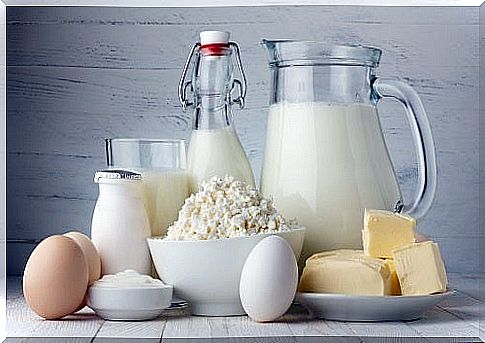
As mentioned earlier, acidosis also leads to a lack of calcium in the blood. The body tries to regulate the imbalance with phosphorus. However, with the absorption of phosphorus and the regulation of the pH, calcium is broken down.
Regular consumption of dairy products removes calcium from the bones in order to keep the acid levels in the blood in balance.
Effects that a pH imbalance can cause: irritability, concentration disorders, chronic exhaustion, susceptibility to diseases, allergies and inflammation, etc.
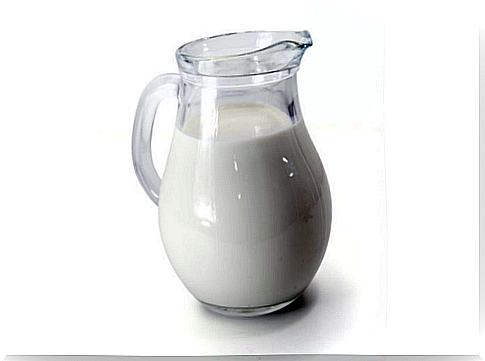
How can the ingestion of harmful products be controlled?
Decalcifying foods should be balanced with products rich in calcium to prevent health problems.
The problem is that decalcifying foods are high in phosphorus.
This is extremely important for the correct brain, heart, muscle, tissue and bone functions as well as for the processing of proteins, carbohydrates and fatty acids and for adequate energy conservation.
Especially growing children need phosphorus. That is why it is important to have a balanced diet and foods rich in calcium.
This includes:
- Green leafy vegetables, almonds, dates, dried figs, raisins, citrus fruits (orange, lemon, grapefruit), kiwi, blackberries, raspberries, papaya, carrots, cabbage, beans, onions, leeks, artichokes, celery, beets, cauliflower and algae.
